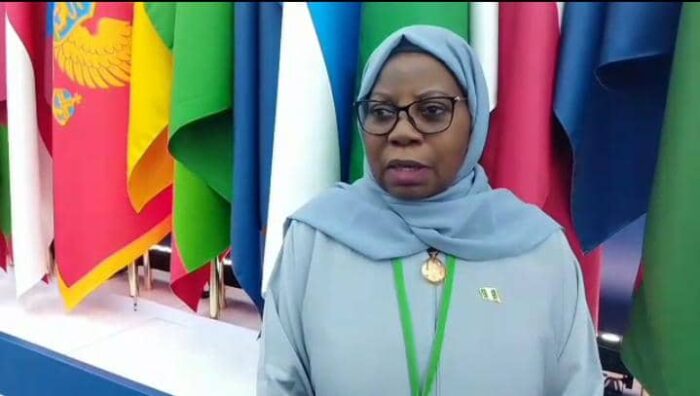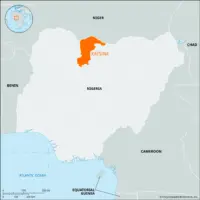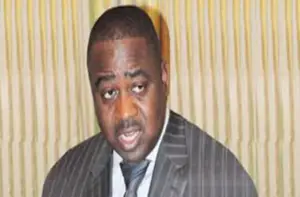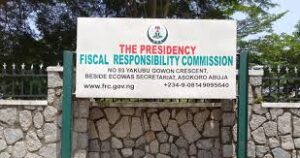Nigeria’s Permanent Delegate to UNESCO, Dr Hajo Sani, has described the approval for Nigeria to host the UNESCO Centre for Media and Information Literacy as a historic milestone and a strong vote of confidence in the country’s capacity and leadership on the global stage.
The centre, which will be established at the National Open University of Nigeria (NOUN), Abuja, was approved during the ongoing 43rd UNESCO General Conference in Samarkand, Uzbekistan — the first time in four decades that the event is being held outside Paris.
Speaking shortly after the announcement, Ambassador Sani said the decision marked a major step forward for Nigeria and Africa in advancing global efforts against misinformation and promoting media literacy.
“This conference is crucial for Nigeria. It aligns with UNESCO’s mandate in education, culture, communication, science, and information — all of which directly impact our national development,”
she said.
According to Ambassador Sani, the new Category 2 centre will serve as a world-class hub for research, capacity building, and training in media and information literacy, bringing together experts, policymakers, and practitioners across Africa and beyond.
“This is the first of its kind in the world — not just for Nigerians or Africans, but for everyone. It is a global centre to tackle misinformation, disinformation, and fake news through standardised media literacy education,”
she stated.
The Nigerian envoy commended President Bola Ahmed Tinubu and the Minister of Information and National Orientation for their unwavering support and commitment to ensuring the success of the project.
“The issue of tuition will not be a barrier. What matters now is putting the right structure, personnel, and resources in place. Nigeria is ready, and UNESCO’s trust in us shows confidence in our capacity,”
Ambassador Sani assured.
Responding to concerns about insecurity, she stressed that it would not hinder the establishment or effective operation of the centre.
“Insecurity is a global issue. The Nigerian government is doing all it can to manage it. This project proves that the world still trusts Nigeria — and we must not be discouraged,”
she said.
Ambassador Hajo Sani emphasised that the hosting right underscores Nigeria’s growing international credibility and commitment to using education and information as tools for sustainable development, inclusion, and peacebuilding.
“The world has shown confidence in us — and we must justify that trust by delivering excellence,”
she concluded.





